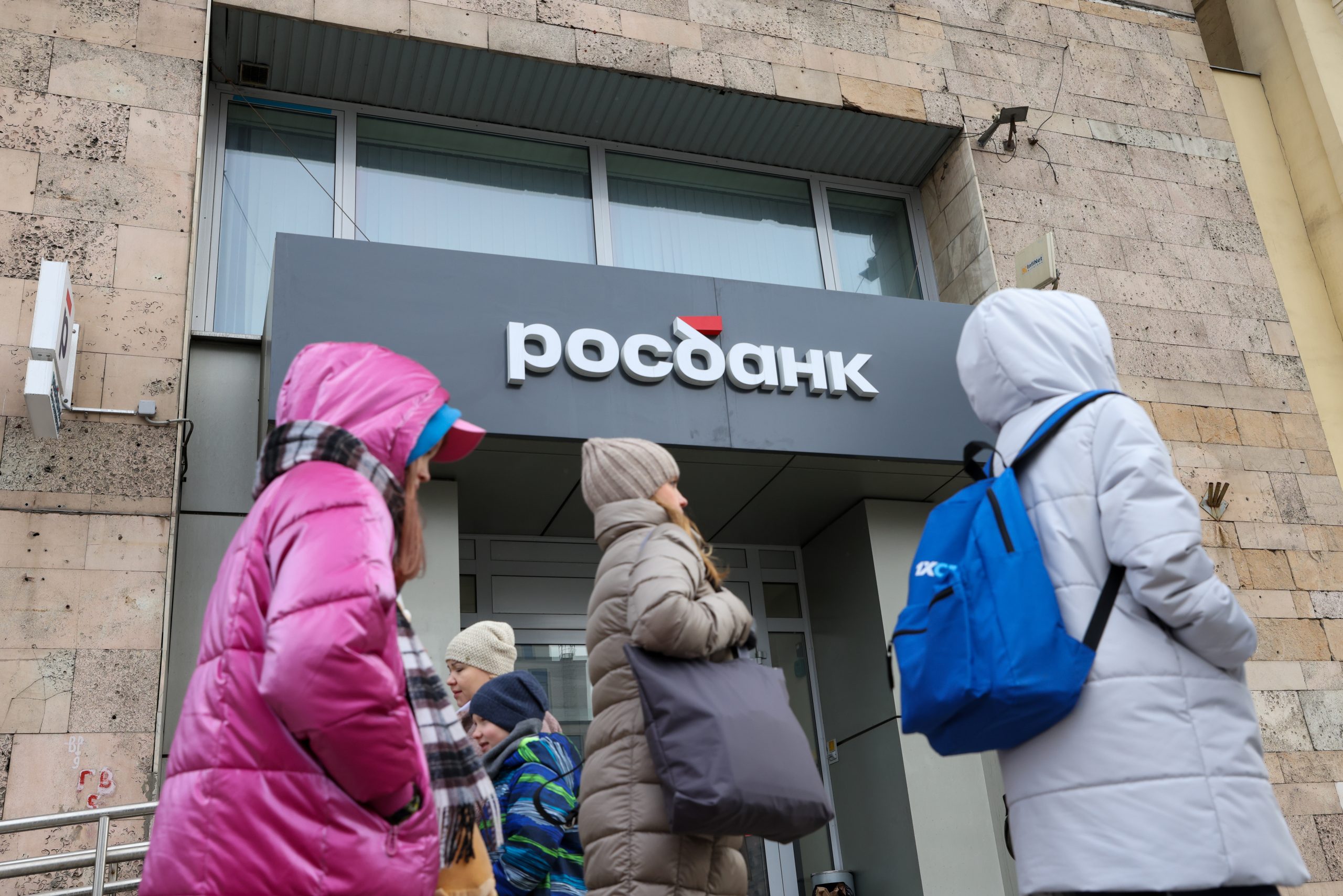The war in Ukraine is now in its 16th month. Since then, the West has supported the country with weapons and funds to stop the Russian aggressor. One method of choice: sanctions against oligarchs and companies. In February, just in time for the anniversary of the beginning of the war, it hit Rosbank too. Since then, one of the largest financial institutions in Russia has been cut off from parts of international payment transactions. With a cross-border crypto payment system, the bank is now opting for an alternative.
Like the Russian daily Vedomosti reported, Rosbank has already launched a first prototype for institutional customers and private individuals. The payment system is based on a cooperation with the Russian fintech “B-crypto”. It works like this:
First, customers go through the KYC process at both Rosbank and B-crypto. The contract must then clearly state that goods and services can be paid for in cryptocurrencies. To do this, the biller must deposit a corresponding wallet address, to which the cryptos will then flow. The buyer of the goods then transfers fiat money to a Rosbank account and instructs the bank to buy cryptocurrencies. The money house forwards the transaction to its partner B-crypto, which procures the cryptocurrency abroad from “friendly countries” and transfers it to the biller’s wallet. It is not yet known how high the fees for carrying out the transactions are.
Crypto payments further banned in Russia
As Wedemosti goes on to write, the daily newspaper asked a total of 50 banks about the relevant services. Only Rosbank has confirmed that it wants to offer cross-border crypto payments. It is quite possible that if the test result is positive, other financial institutions will follow suit.
Discussions about cross-border crypto payments first emerged in Russia in September last year. At that time, the Ministry of Finance and the Central Bank agreed on a joint draft law. However, domestic crypto payments remain banned for citizens.
Russia’s plans for a state crypto exchange are now off the table. Rather, the Ministry of Finance now wants to support companies in the implementation, in compliance with legal regulations.
The latest issues of BTC-ECHO Magazine
You might also be interested in this
